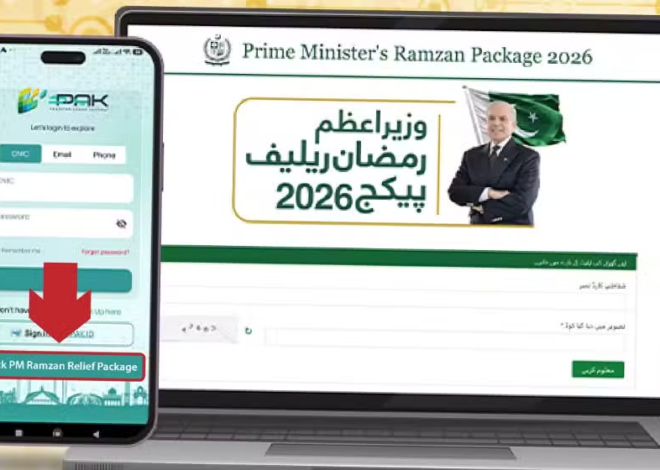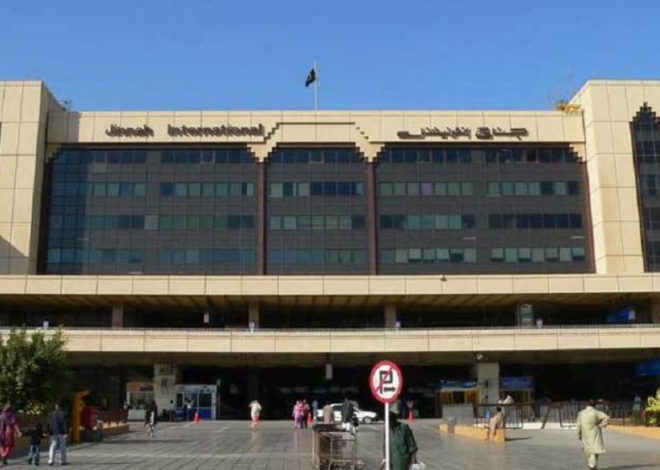
Pakistan-India Tensions: Deputy PM Ishaq Dar’s Visit to China Amidst Regional Strains
In a significant diplomatic move, Pakistan’s Deputy Prime Minister and Foreign Minister, Mohammad Ishaq Dar, embarked on a three-day official visit to China on May 19, 2025. This visit comes at a time of heightened tensions between Pakistan and India, following a series of military confrontations and diplomatic disputes.
Background of the Visit
The recent escalation between Pakistan and India has been marked by cross-border strikes and retaliatory actions, leading to casualties and significant geopolitical concerns. India’s decision to suspend the 1960 Indus Waters Treaty, which governs the sharing of river waters between the two nations, has further strained relations. Pakistan views this move as an attempt to undermine the treaty and has expressed its readiness to counter any future aggression .
In response to these developments, Deputy PM Dar’s visit to China aims to seek diplomatic and strategic support from Pakistan’s long-standing ally. The discussions are expected to focus on regional security, economic cooperation, and the evolving dynamics in South Asia .
China’s Role in Regional Diplomacy
China has been closely monitoring the situation between Pak and Ind. Chinese Foreign Minister Wang Yi has expressed concern over the escalating tensions and has urged both nations to exercise restraint and engage in dialogue to de-escalate the situation.
The use of Chinese-made J-10C fighter jets and PL-15 missiles by Pakistan in recent confrontations has highlighted China’s growing influence in regional military affairs. While Beijing has celebrated the performance of its equipment, it has also adopted a cautious stance to avoid further exacerbating tensions with India .
Implications of the Visit
Deputy PM Dar’s visit underscores Pakistan’s efforts to strengthen its strategic partnership with China amidst regional challenges. The discussions are anticipated to cover a range of issues, including the future of the China-Pakistan Economic Corridor (CPEC), counterterrorism cooperation, and multilateral engagements. Both nations are likely to reaffirm their commitment to a balanced and multipolar world order, emphasizing the importance of sovereignty and regional stability .
The outcome of this visit could have significant implications for the geopolitical landscape of South Asia. A strengthened Pakistan-China alliance may alter the regional balance of power and influence the dynamics between India, Pakistan, and China.
Conclusion
As Deputy PM Ishaq Dar engages in high-level talks in China, the international community watches closely. The success of these discussions could pave the way for a more stable and cooperative regional environment, or alternatively, further entrench divisions and rivalries. The coming days will be crucial in determining the trajectory of South Asian diplomacy and security.







